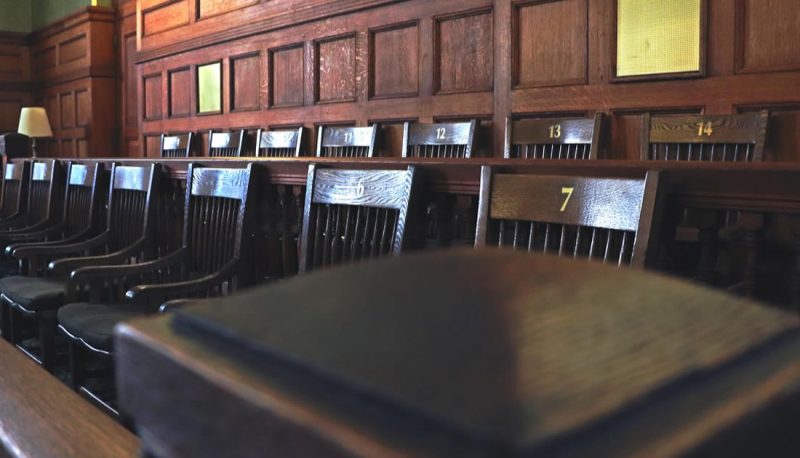“Confirmed Judges, Confirmed Fears” is a blog series documenting the harmful impact of President Trump’s judges on Americans’ rights and liberties. Cases in the series can be found by issue and by judge at this link.
Trump Second Circuit judge Richard Sullivan wrote a dissent that would have upheld the denial of asylum to an Indian man who feared for his life in his home country. The Second Circuit majority rejected Sullivan’s view and sent the case back for reconsideration in its May 2020 decision in Rattu v. Barr.
Suny Rattu is an Indian citizen who sought asylum in the U.S. (or withholding of removal) because he feared for his life in India due to political persecution. Rattu testified that after he became a member of a particular political party in India in 2014, he was attacked twice, which prompted him to flee due to fear for his life. An Immigration Judge (IJ) denied Rattu’s claim, the Board of Immigration Appeals (BIA) agreed, and Rattu petitioned for review in the Second Circuit.
In a 2-1 decision including George H.W. Bush nominee John Walker, the Second Circuit reversed. The majority explained that the IJ had incorrectly ruled that Rattu’s testimony was not credible for several reasons.
- The IJ claimed that Rattu had contradicted his petition by stating during cross-examination that he had first become involved with the party in 2011, rather than 2014, and had become fearful then. The majority explained that the IJ had ignored the fact that Rattu went on to “expressly disavow” any pre-2014 claims and explained that his “involvement” with the party in 2o11 was limited to “joining friends at their events when he was invited.”
- The IJ also concluded that Rattu was not credible because his birth certificate incorrectly identified him as female and Rattu stated that he saw “no error” in the document. As the majority pointed out, however, the error was in the English language version of the document. Rattu testified that he “speaks very little English,” the majority noted, and there was “no basis to infer” that he “noticed or understood the inaccuracy.”
As the majority explained, precedent is clear that when an IJ relies on “erroneous bases” to reach an adverse credibility determination, and when a reviewing court “cannot confidently predict” that the IJ would reach the same conclusion “in the absence” of those errors, the IJ’s conclusion “cannot stand.” The majority accordingly reversed and sent the case back to the IJ.
Sullivan dissented, claiming that there was other “substantial evidence” to support the IJ’s conclusion. As the majority explained, however, the substantial evidence standard “neither requires nor permits” the reviewing court to simply affirm the IJ’s decision and ignore the errors she made. What is required, the majority went on, is for the IJ to “reconsider” the case “free of the errors we identify in this decision.” Then her decision could very well be upheld based on substantial evidence.
Fortunately, Rattu will have another opportunity to present his asylum claim and seek protection from the persecution he fears. If it had been up to Sulllivan, however, he would not have had that chance.
Note: The initial draft of this post was prepared by PFAW legal intern Oliver Telusma.

